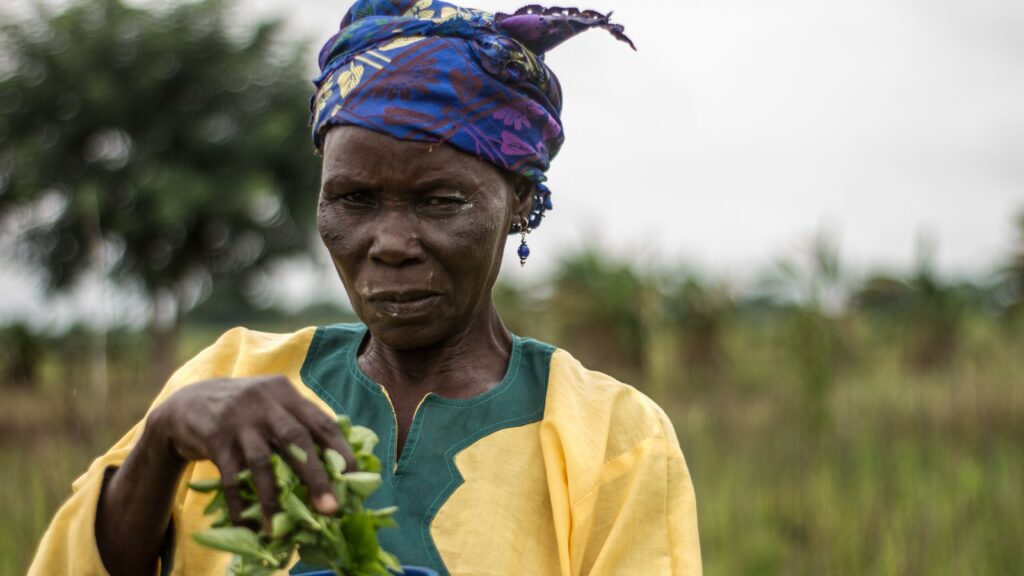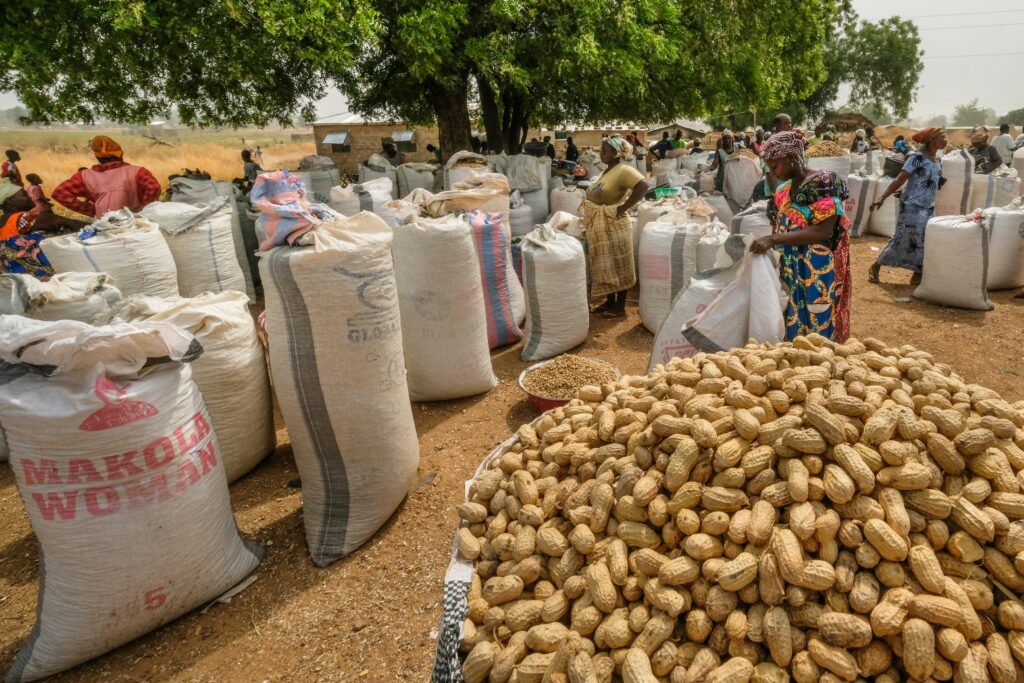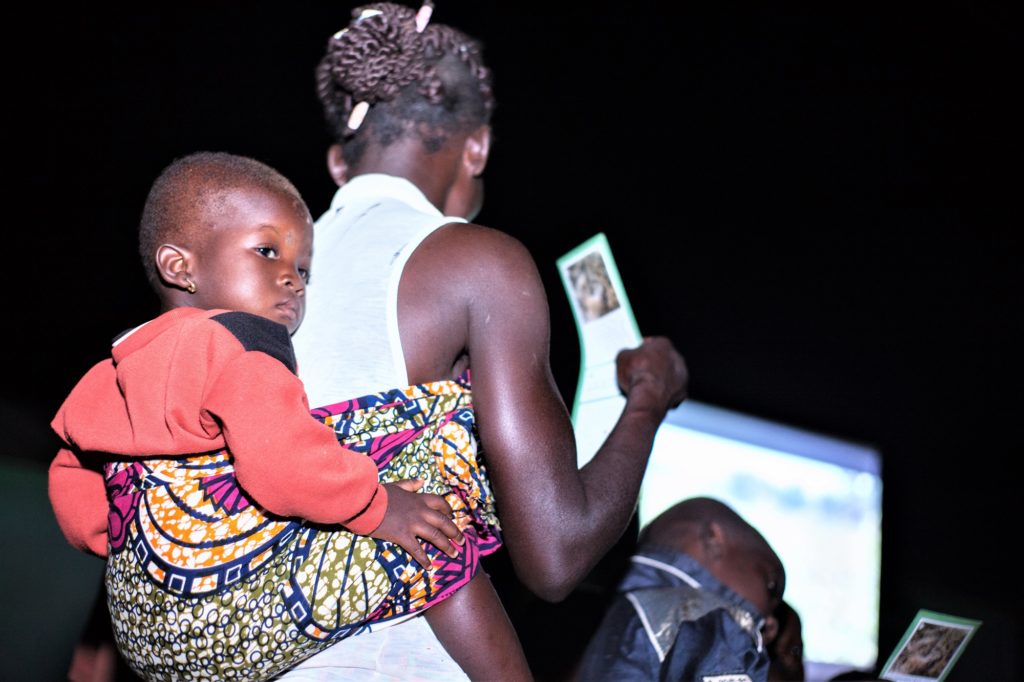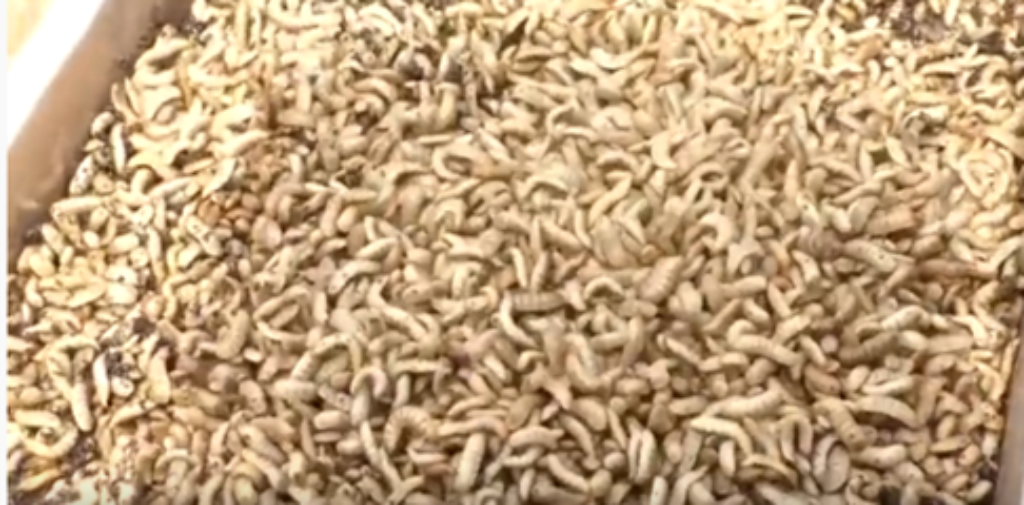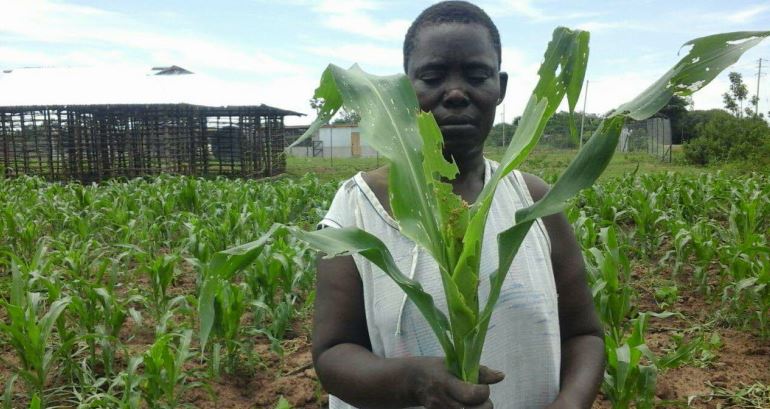Women are not just farmers’ wives: overcoming stereotypes of women in agriculture
For International Women’s Day, CABI’s Gender Coordinator, Bethel Terefe, looks at why women are often not considered farmers in their own right, despite the significant contribution they make to agriculture. I was recently listening to a farmer focus group in Ghana. It became clear that few attendees saw the women as farmers, not even the…
Investigating a way to reduce the cost of poultry feed in Ghana
Ghana imports poultry meat to the tune of about US $374 million every year. This is because local production of poultry is hampered by the high cost of protein feed for chickens- representing 70% of total production cost.
New impact brief reveals cost benefit of fighting Fall armyworm in Ghana
A new CABI Study Brief published on CABI.org has revealed that implementing coordinated control measures to fight Fall armyworm in Ghana can reduce the economic cost of crop losses by USD $15 million a year. The research, entitled ‘Have actions taken to control Fall armyworm reduced the economic cost experienced in Ghana?’, based itself on…



